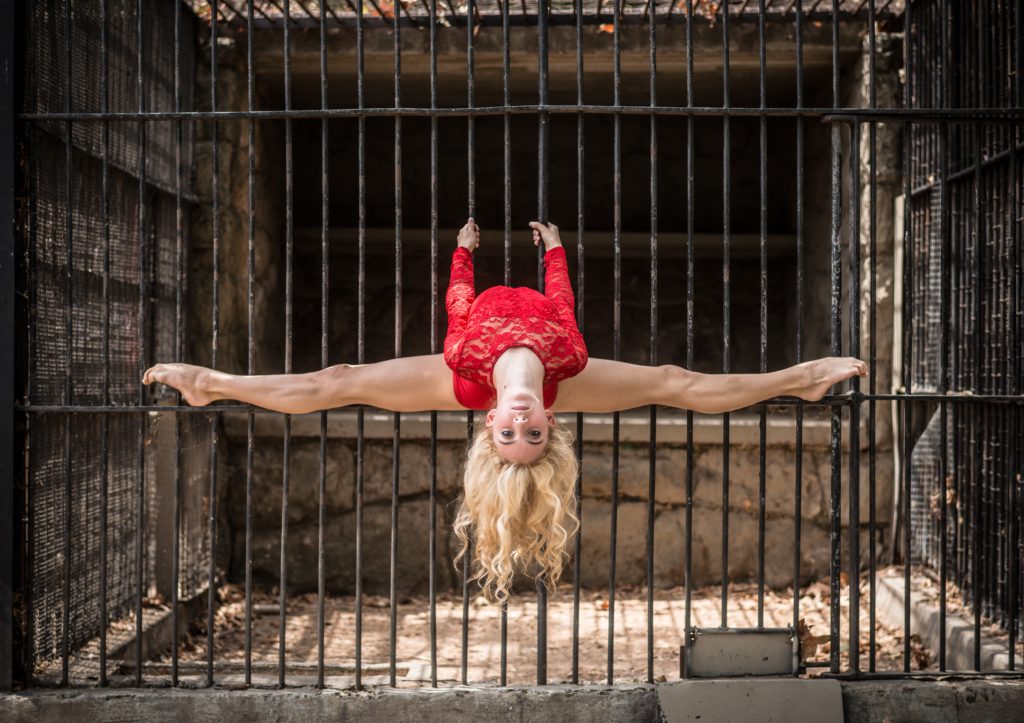I never imagined that the many limitations enforced by coronavirus would act as a creative stimulus, but I’ve consistently been astonished to see profound, moving, astonishing and wonderfully silly moments on social media since the advent of corona virus.
It’s got me thinking about creativity and constraint. Constraints can push us into new and unexpected territory. As artists, we often find it useful to impose deliberate constraints upon ourselves as a way of firing up new ideas.
Some poets and writers give themselves prompts, for example including a certain number of unrelated words from a list, writing in a particular form, or in words of only one syllable. Not having access to the words we normally use can oblige us to experiment and thus make new discoveries. It might sound strange on one hand, but, on the other, it can result in fresh and interesting work, and the writer avoids the terror of staring at a blank page and wondering what to say.
Likewise, musicians may give themselves limitations, like only practising a few bars of a piece or using a specific technique, or only composing for a particular ensemble, or using an unusual scale or rhythmic pattern.
In the following clip, we get to experience an orchestra as individuals seen up close and personal in their own living quarters, finding ways to make music together nonetheless.
A scattered orchestra reassembles virtually to play the piece of music we most associate with unity.
In my impro class (theatre games), our teacher often gives us seemingly impossible briefs- for example, in a group of three, only two can sit at any one time, so whenever one person sits, another ends up on her feet. Meanwhile we’re only allowed to speak in gibberish, and move as if underwater. Sometimes, I feel as if my head will explode with all of the simultaneous instructions, but these so-called constraints often lead to unselfconscious and highly enjoyable scenes for both performers and audience.
Sometimes restrictions are enforced in other ways- for example, a stay in prison, hospital or mental ward. The early 20th Century Swiss writer Robert Walser, who, after early literary success (he was the primary influence on Kafka) spent many years in a psychiatric hospital, and left behind small scraps of paper with tiny scratchings on them. It was only in the early 2000’s, nearly fifty years after his death, the researchers discovered that in fact the ‘scratchings’ were pieces of fiction, written painstakingly in code in microscopic print ("Microscripts", pub. 2012). The writer himself never mentioned them-- he was content simply to find a way to express himself, apparently without caring whether anyone ever read them.
Below, the separate dancers work as a kind of ensemble, each one responding to the other's impulses.
Dancers from different continents ‘meet’ to dance one seamless piece of improvisation.
Because of more time at home, I’m noticing that people are baking more. Surprisingly, we’ve actually been eating a greater variety of foods than normal, because now we've had to seek alternatives to our usual weekly meals. Other friends are gardening, doing up old pieces of furniture, making home improvements, singing from their balconies in crowded cities during lockdown, dusting off neglected musical instruments, playing board games, and taking online dance classes.
And some are recreating famous paintings, using nothing but their own bodies and the clothes and objects around them. Here's one of my favourites.
So I encourage you not to let the limitations of your surroundings block you-- maybe they will, in fact, be the stimulus for new creations you never imagined possible.
Bon courage,
Valerie
